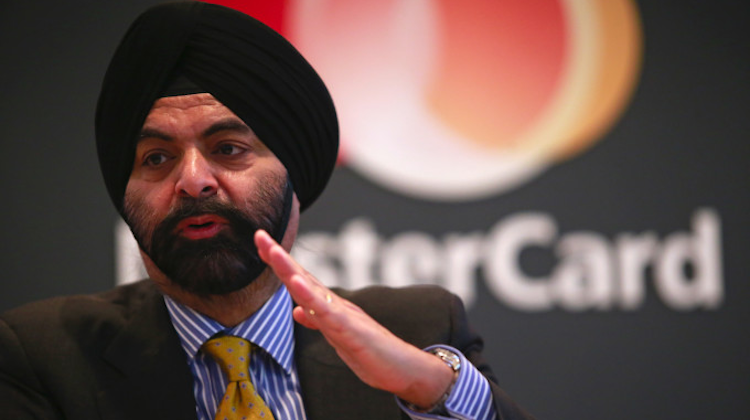Payments
‘In my world, it’s called theft’: How Ajay Banga wants to change inclusion
- Mastercard CEO Ajay Banga wants business leaders to rethink how they see capital and open up more to the “enormous” money-making opportunity of financial inclusion
- There isn't enough trust between the public and private sectors to push forward business that brings change, Banga says








